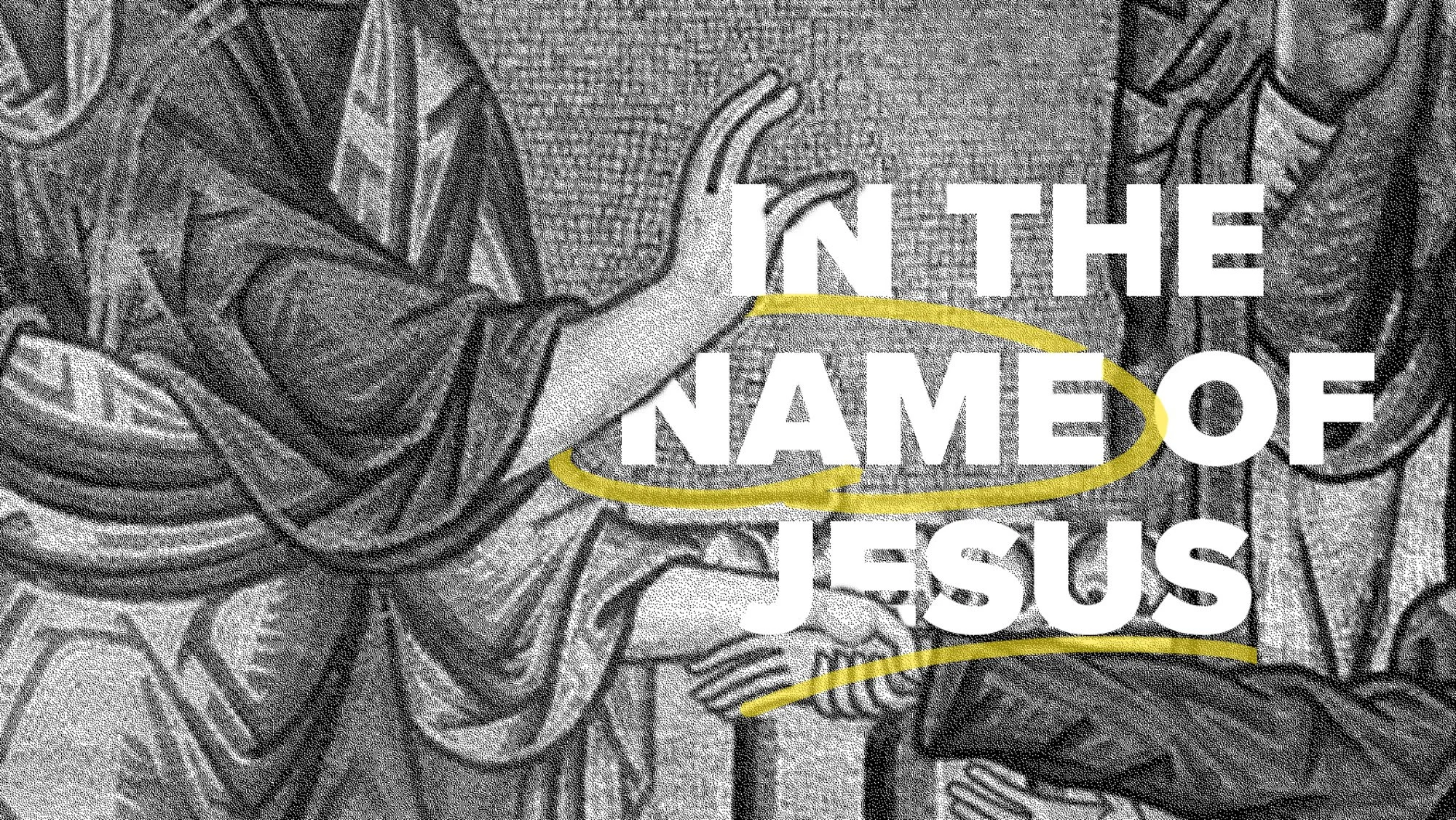“There is neither Jew nor Gentile, neither slave nor free, nor is there male and female, for you are all one in Christ Jesus.” (Gal. 3:28)
And with that, Paul changed everything in terms of how we relate to one another in this new family of God. One can see how Paul, an expert in the scriptures radically reframed by his encounter with Jesus on the road to Damascus, began to see God’s guiding hand in the progressive treatment of the underdogs in human society. What once had been hidden by his personal prejudices and assumptions about who carries God’s favor was now revealed in the Light. Paul’s writings give us a vision of a people no longer separated by “dividing walls of hostility” (Eph. 2:14) but bound by our true nature, that we are “in Christ”.
For us, being “in Christ” becomes the foundational identity through which all other identity markers are redeemed. Of course, we know the concept of identity in our modern era has become a point of contention. It is vitally important to note that here and elsewhere Paul is not advocating for some sort of “identity blindness” akin to the base version of color blindness once advocated for in our country that ignored the very real disparity amongst races. The radical nature of Paul’s declaration is not that these identity markers do not exist; rather, they are no longer the core of how we understand ourselves and others. Throughout his writing the apostle takes great care to address the disparity in his new communities by dismantling racism, sexism, and class inequality as they work out this vision of the Kingdom of heaven.
Conversely, Paul does not advocate for what the political scientist Yascha Monk has recently termed “identity synthesis”, a modern phenomenon in which we are primarily defined by a collection of identity markers that oversimplifies human agency and pits us against those who are not like us. Identity in this case becomes a battle field, a zero-sum game for power over others rather than love for neighbors, that interprets the world as oppressors and oppressed, those with power and those without. The early church would have insisted that the Gospel vision is good news for majorities and minorities, oppressors and oppressed alike. Our social conviction is that, in the name of Jesus, enemies become neighbors, and neighbors become family.
Our radical conviction that we are all equal children of God is the lens through which we deal with issues of racism, classism, and sexism. When we understand this, the powerful biblical phrase "God shows no favoritism” (Acts 10:34, Rom. 2:11, James 2:1) helps us realize what God has been up to this whole time - precisely because God does not favor one type of person over another, God gives special attention to the disenfranchised so they might be raised up to equal standing in the Kingdom, fully-realized as children of God. It then becomes the imperative of those who in traditional society are seen to have privilege and power to help up those who have been left behind in the name of Jesus, so that our vision of diversity can have meaning under the banner of unity in Christ (Rev. 7:9-12). This is the new heavens and new earth we work towards, co-laboring with the Spirit to become the first fruits of the new humanity.
Many of you have said that while this current series has been among the most challenging, it has also been the most fruitful. You are reconsidering your approach to ethics and justice, leeching from both the arguments we find in worldly ideologies, to more carefully enquire of the Lord how we are meant to live and why. I want to commend you for the hard work, know that it is seen and blessed. May God continue to guide us further up and further in to Paul’s glorious vision for humanity.
(this blog is based on a recent sermon you can listen to here )

